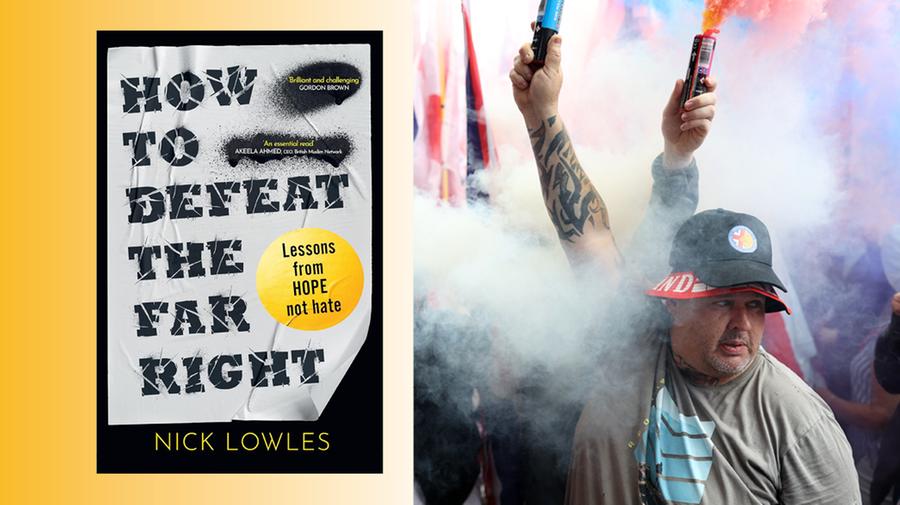In a critical analysis of strategies to counter the far right in Britain, Nick Lowles, founder of the anti-racist group Hope not Hate (HnH), presents insights from his new book, “How to Defeat the Far Right.” Lowles draws on extensive experience combating far-right ideologies both in the pre-internet era and in today’s digital landscape, focusing on community engagement and adaptive tactics.
Lowles, who previously edited the anti-fascist magazine Searchlight, underscores the necessity of addressing the challenges posed by far-right parties in local and parliamentary elections. He emphasizes that HnH has effectively collaborated with various communities to thwart these threats, adapting its methods to the evolving political climate shaped by social media.
A notable aspect of HnH’s work is its recognition of the antisemitism that can arise from various political factions, including left-wing and Islamist groups. Lowles acknowledges the criticisms that HnH might not do enough regarding these issues. He states, “there will always be some who say Hope not Hate has not done enough on… left-wing antisemitism or Islamist extremism. And, of course, there might well be an element of truth to that.” He highlights HnH’s initiatives to combat antisemitism while also addressing the complexities of political allegiance and its impact.
The book details specific instances where HnH confronted organizations such as 5Pillars, which has been accused of promoting extremist interpretations of Islam. Lowles notes that this group has utilized the ongoing conflict in Gaza to further its agenda, declaring the date of the 2024 General Election as “Muslim independence day from Labour.” HnH’s challenge to such narratives extends to their opposition of figures like George Galloway, known for his strident anti-Zionism, which Lowles claims can fuel divisive rhetoric.
In addressing the intersections of various extremist ideologies, Lowles discusses the appearance of collaboration between certain far-right figures and Islamist groups. He connects this through a shared agenda of anti-Zionism, which can manifest across political spectrums. The book offers a cautionary note for those who might seek solace in the belief that opposing forces will inherently protect them from rising extremism.
Lowles also critiques the left’s handling of sensitive issues, particularly regarding grooming gangs and immigration. He argues that the left’s reluctance to engage in these discussions has inadvertently allowed the far right to gain traction on these topics. “We can all complain about [Elon] Musk’s behaviour,” he writes, referring to the controversies surrounding public discourse on grooming gangs, “but… councils, the police, government and local communities have failed to fully address this issue over the last 20 years, and it is this failure that has led us to this point.”
His prescription for countering the far right involves advocating for stronger democratic institutions and rebuilding social capital at the grassroots level. While the challenges ahead are significant, Lowles asserts that creating a more resilient democracy is essential for countering the divisive narratives that threaten social cohesion.
Lowles’ work emphasizes the importance of addressing the roots of extremism while encouraging constructive dialogue across communities. His book serves as both a guide and a warning, urging a collective response to the rising tide of hate and division. “How to Defeat the Far Right: Lessons from Hope not Hate” is published by Harper Collins and is aimed at those committed to fostering a more inclusive and tolerant society.





































































